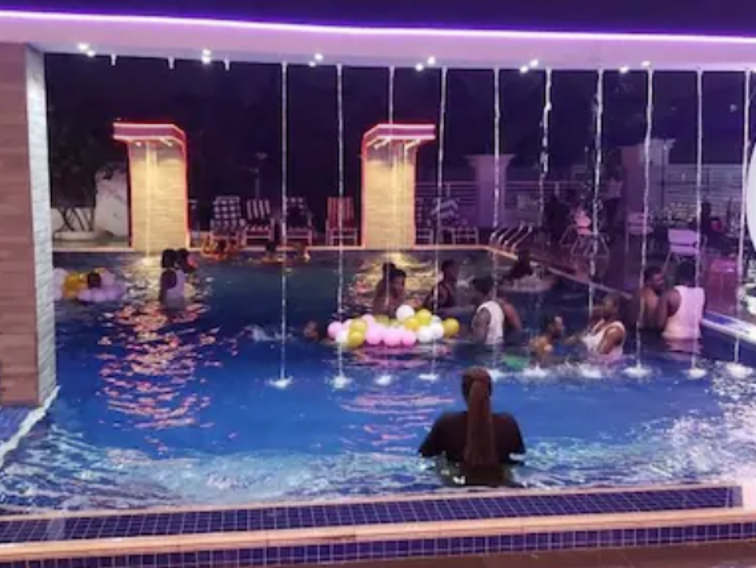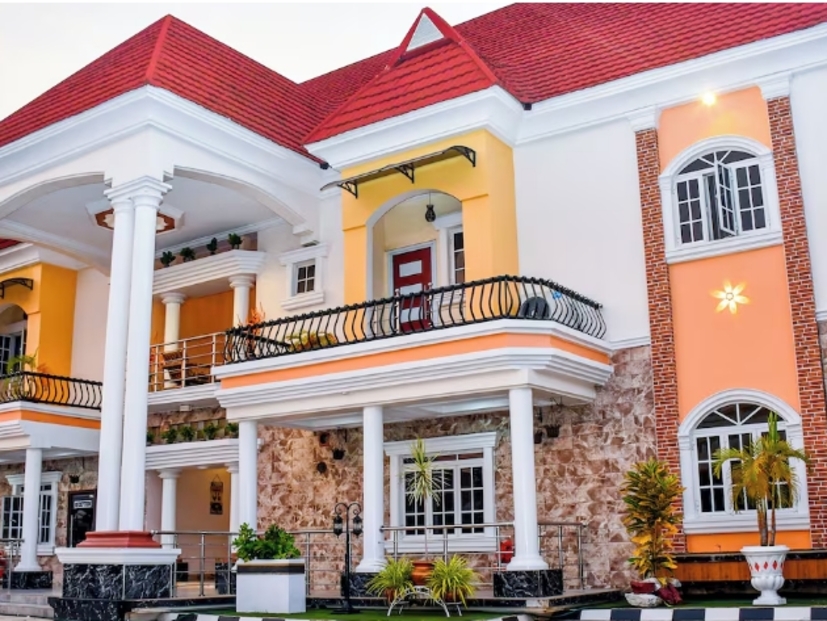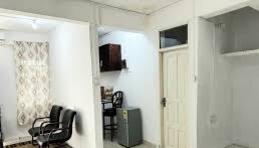Cape Coas, Elmina, Kakum Ghana Experiences 360
🇬🇭 Ghana3d.com Gateway Experience 360
Find your roots and rise — Ghana3d.com Gateway Experience 360 is your ultimate guide to cultural,
historic, and soul-stirring adventures. Whether you're returning to your ancestral land or exploring Ghana
for the first time, we offer curated journeys that connect you deeply to the spirit of West Africa.
From powerful walks through Cape Coast & Elmina slave castles to the vibrant rhythms of Accra’s nightlife.
From sacred village ceremonies to awe-inspiring natural beauty — your journey starts here.
Explore The Full 🇬🇭 Gateway Experience 360
Why Visit the Central Region
The Central Region of Ghana is a place that stays with you long after you leave. Here, the sound of waves rolling onto golden beaches mixes with stories that shaped the modern world. It is a region where beauty and memory coexist — where coastal breezes pass over centuries-old castles, and lush rainforests rise just beyond historic towns.
From walking through the solemn dungeons of Cape Coast and Elmina Castles, to standing high above the forest on the Kakum Canopy Walkway, every journey through the Central Region is both moving and memorable. Add peaceful beach resorts, vibrant fishing communities, and welcoming local culture, and you have one of Ghana’s most meaningful travel experiences.
Overview
Stretching along Ghana’s Atlantic coastline, with Cape Coast as its capital, the Central Region is one of the country’s most visited destinations. It is internationally known for its role in the trans-Atlantic slave trade, as well as its contributions to education, culture, and eco-tourism. The region is ideal for travelers interested in history, coastal relaxation, nature exploration, and cultural discovery — all within a compact and accessible area.
Accommodation Options (Hotels Listed on Expedia)
The Central Region offers a solid selection of beachfront resorts and eco-lodges listed on Expedia, particularly around Cape Coast, Elmina, and Kakum National Park.
Cape Coast
Ridge Royal Hotel
From $144 Dollars, a night. A modern and comfortable hotel overlooking the city, offering spacious rooms, a swimming pool, restaurant, and easy access to Cape Coast Castle and the University of Cape Coast.
From $41 Dollars, a night. A relaxed beachfront resort where guests can enjoy ocean views, local cuisine, and direct access to the beach — ideal for leisure travelers and couples.
Coastal Retreat - Cape Coast, Elmina, Kakum National Park area
From $510 Dollars, a night. Coastal Retreat is situated just an 12minute drive to the Coast cape Castle Entire home
Sleeps 12 guests, 7 bedrooms, 8 bathrooms, Sleeps 12 at 5000 sq ft, Outdoor pool, Hot tub on site, Onsite parking available, Kitchen, Washer, Air conditioning
Oasis Beach Resort
From $123 Dollars, a night. A lively coastal resort popular with both local and international visitors, known for its beachside setting, casual atmosphere, and regular cultural events.
Elmina
Coconut Grove Beach Resort
From $160 Dollars, a night. One of the most established resorts in the Central Region, offering beachfront accommodation, landscaped grounds, a swimming pool, and views of the Atlantic Ocean near Elmina Castle.
Elmina Bay Resort
From $144 Dollars, a night. A peaceful oceanfront resort designed for relaxation, with scenic views, modern rooms, and a quiet atmosphere ideal for families and couples.
Lemon Beach Resort
From $158 Dollars, a night. A stylish beachfront resort in Elmina offering comfortable rooms, a swimming pool, and a calm coastal environment, close to Elmina Castle and upper Fort St Jago.
Kakum & Assin & Anamabo Areas
Anomabo Hotels Anomabo Beach Resort - Well, not quiet front gate to Kakum National Park, as 25miles away, however a great beach from resort, nearby. As you might have come for history and not just nature, this resort is lose to Cape Coast Castle, 27 min drive and a bit farther down Elmina Castle or Fort Amsterdam 11 min drive. Fort William Anamabo ist close, also "next door".
From $117 Dollars, a night. Beachfront resort with spa services, On private beach, English breakfast included, Self-parking included when you come with your own car, however, a 24-hour airport shuttle available. Dogs and cats allowed and there also is an International cuisine restaurant, a bar.
Rainforest Lodge (near Jukwa) – From $41 Dollars, a night. A convenient hotel for visitors to Kakum. Restaurant, Bar, Swimming pool, offering tour support and comfortable rooms, all rooms including breakfast.
Top Attractions in the Central Region
Historical & Cultural Landmarks
Cape Coast Castle
A UNESCO World Heritage Site and one of Ghana’s most powerful historical landmarks. Guided tours take visitors through dungeons, courtyards, and exhibitions detailing the trans-Atlantic slave trade.
Elmina Castle
The oldest European structure in sub-Saharan Africa, built by the Portuguese in the 15th century. It remains one of the most visited and emotionally impactful sites in West Africa.
Asafo Shrines & Fante Heritage
Traditional shrines and community centers in Cape Coast and Elmina highlight the warrior traditions and social systems of the Fante people.
Bakatue Festival (Elmina)
An annual cultural festival celebrating the opening of the fishing season, marked by colorful processions, drumming, dancing, and rituals.
Nature & Adventure
Kakum National Park
Famous for its suspended canopy walkway, offering breathtaking views above the rainforest. The park also features nature trails, birdwatching, and guided forest walks.
Central Region Beaches
Beaches at Cape Coast, Elmina, and nearby Brenu offer scenic shorelines, fresh seafood, and relaxed coastal vibes.
River Pra Estuary
A rich wetland area where visitors can enjoy canoe rides, birdwatching, and mangrove ecosystems.
Education & Culture
University of Cape Coast (UCC)
One of Ghana’s leading universities, with a scenic campus overlooking the ocean. Visitors often explore its cultural events, art displays, and surrounding beaches.
Centre for National Culture, Cape Coast
A hub for traditional performances, craft markets, and workshops in drumming, batik, and wood carving.
Travel Tips
Best Time to Visit: November to April offers dry weather ideal for beach visits, sightseeing, and forest walks.
Getting Around: Shared taxis and minibuses are common, but guided tours or private vehicles provide greater comfort.
Guided Tours: Strongly recommended for castle visits and Kakum National Park for deeper historical and ecological insight.
Cultural Respect: Ask permission before photographing people, shrines, or ceremonies.
What to Pack: Comfortable walking shoes, sunscreen, insect repellent, and light clothing.
A Region That Tells Ghana’s Story
The Central Region is not just a place to visit — it is a place to understand. It tells Ghana’s story through stone walls, forest canopies, ocean tides, and living culture. For travelers seeking depth, beauty, and meaning, the Central Region remains one of Ghana’s most essential destinations.



